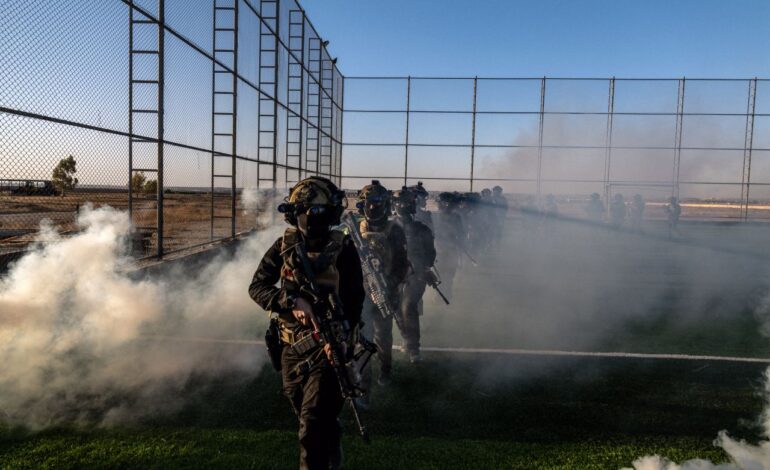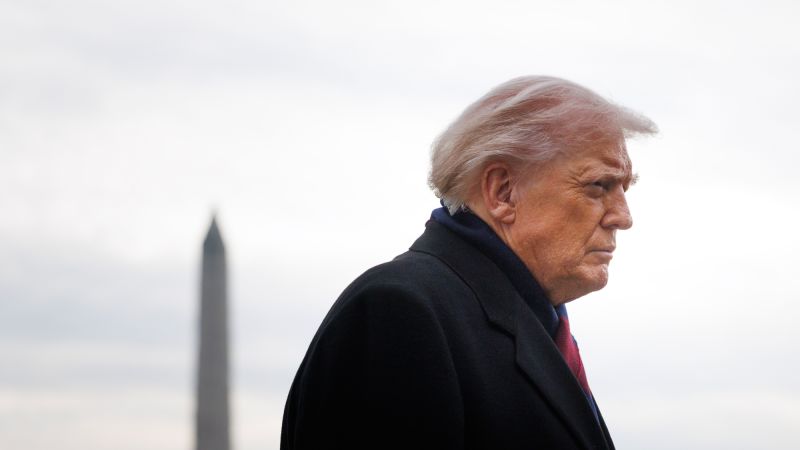Women Warriors of Syria Challenge New Governance After ISIS

The role of women in the fight against ISIS has become a focal point in Syria, particularly in the northeastern region known as Rojava. As Kurdish forces continue to navigate a complex political landscape following the defeat of the militant group, many women who played crucial roles in this struggle are now advocating for their rights and recognition in a new Syria governed by conservative ideologies.
In March 2021, Syrian governors, many aligned with Islamist values, began to assert greater control over regions previously held by Kurdish forces. This shift has raised concerns among women fighters who fear for their hard-won rights and the progressive values they have fought to uphold. The Syrian Democratic Forces (SDF), which includes a significant number of female combatants, view the governance changes as a potential threat to gender equality and social freedoms.
Women’s Empowerment at Risk
The Kurdish forces, especially the YPJ (Women’s Protection Units), have been at the forefront of redefining gender roles in the region. These women have not only taken up arms but have also participated in local governance and community leadership. Their efforts have been instrumental in establishing a society that promotes women’s rights, education, and participation in public life.
Yet, the rise of new governors with conservative views poses challenges to these advancements. According to a report by the United Nations, the recent political changes have already begun to impact women’s freedoms, leading to an environment where their contributions may be overlooked or even repressed. Women fighters are now calling for the international community to recognize their sacrifices and support their ongoing fight for equality.
The women of Rojava, who fought against ISIS atrocities, emphasize that their struggle was not only against a violent regime but also for a vision of a more inclusive and equal society. They argue that their integration into local governance systems is essential for the sustainability of peace in the region.
International Support and Future Challenges
As these women continue to advocate for their place in the new political landscape, international support remains crucial. Organizations supporting gender equality in conflict zones are rallying to amplify their voices. Activists urge the global community to hold the new Syrian governors accountable for protecting women’s rights.
The situation in Rojava reflects broader trends in the Middle East, where women have been pivotal in conflicts yet often find themselves marginalized in post-conflict governance. The experiences of Kurdish women in Syria highlight the need for policies that ensure gender equity is a priority in any reconstruction efforts.
With the potential rollback of rights, the fight for a democratic and inclusive Syria is far from over. Women who once battled alongside men against a common enemy now find themselves not only fighting for recognition but for a future where their contributions are valued and their rights protected. As the political landscape evolves, these women remain determined to ensure their voices are not silenced in the new Syria.






